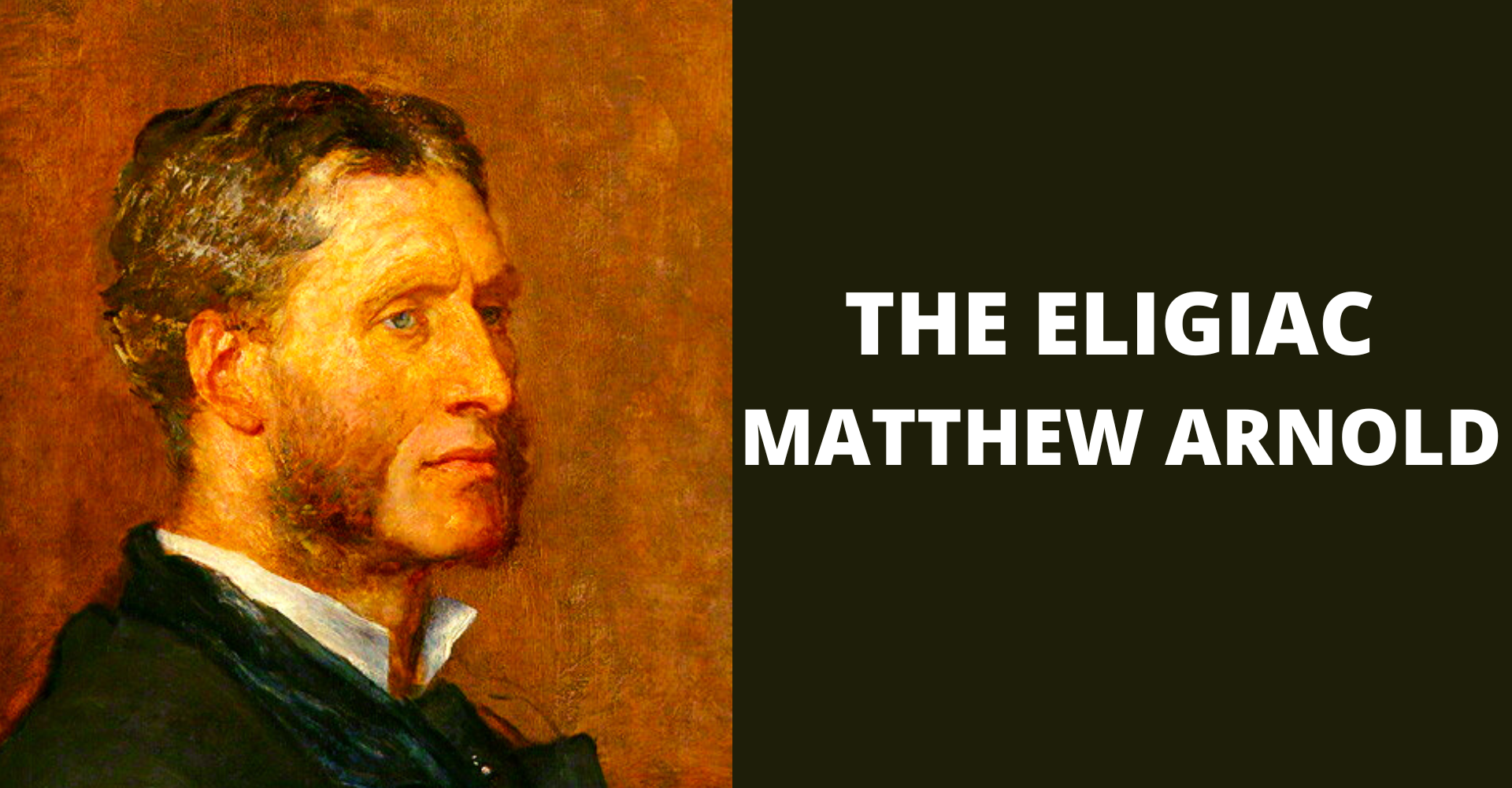Just as Shelley genius was essentially lyrical and Keat’s odaic, so Arnold genius was basically elegiac. It is for this reason that he is regarded as the greatest elegiac poet of England. It is not that he has written more elegies of the highest quality than others, but that the elegiac note runs through all his poetry. “Nothing in Arnold’s verse,” writes Hugh Walker, “is more arresting than its elegiac note. “Rugby Chapel, thyrsis Scholar Gypsy, Dover Beach, etc. are some of his finesse elegies.
Matthew Arnold’s elegies are an expression of his inherent pessimism and sense of loneliness. Various factors combined to make him a frustrated individual. Disappointment in love, and uncongenial occupation which put a severe strain on him, contemporary conflicts between science and religion, the conflict within his own soul, and above all his thoughtful, lonely temperament, made him take a dark, gloomy view of man’s journey on this planet; his elegies are an expression of this inner gloom. He seizes every possible opportunity to his pessimistic view of life. The death of a brother, of a friend, or of a temporary or even the death of a pet dog, inspires him to write an elegy, in such he soon proceeds to bewail the story lot of humanity. It is for this reason this expression of grief have been called. “The Virgilian cry of horror over the mournfulness of human destiny.” But it is to be noted that this lamentations are always characterised by classical self-control, dignity and decorum.
Rugby Chapel, for example, is a personal elegy in which the poet mourns the death of his father. It shows Arnold’s elegiac genius at its best. He begins with the memory of his father who died 15 years earlier. The poet happens to visit the Rugby school and the sight of the Chapel walls remind him of his lead father who ruled there supreme for a long period. It is the cold month of autumn, and the time is dusk. An atmosphere of gloom such as is suitable to an elegy, has been created by light, skilful touches. It is so cold and cheerless; nobody is out, and the yellow leaves are drifting about. The gloom and isolation of the present is then contrasted with the cheerfulness of those November evening when the father was alive. No gloom nor sorrow could remain in his presence. So energetic, so enthusiastic and so active a soul he was that the poet cannot think of him as dead.











